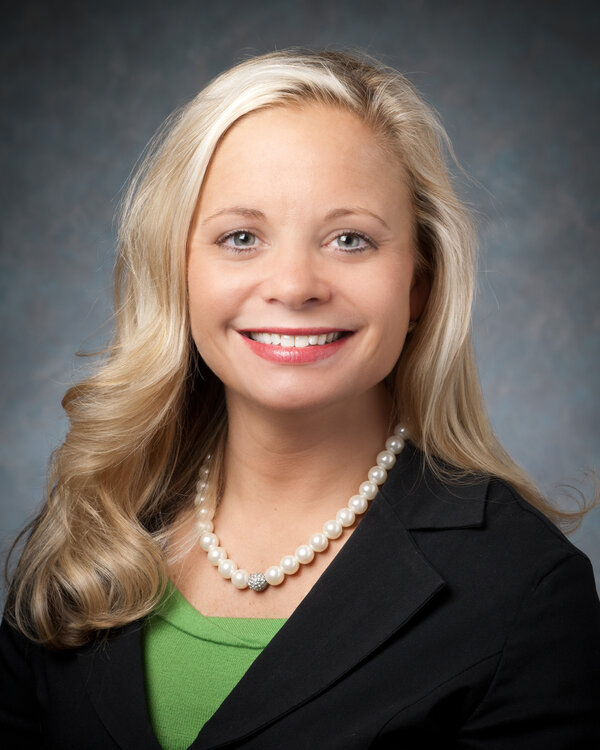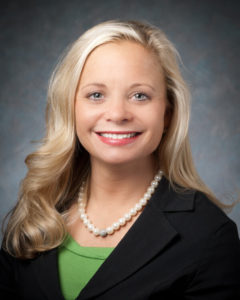

Providers could see a wave of coronavirus-related lawsuits in the near future as cases rise, which is why a legal expert is stressing the importance of documentation and training to prevent operators from being subject to such litigation.
Long-term care stakeholders expressed concern in mid-August after data showed that the number of confirmed coronavirus cases had risen in July after being on a steady decline throughout June. The increase also could bring a jump in the number of tort litigation cases filed, particularly wrongful death and negligence claims from staff members, residents and visitors.
“[Workers] could say that employers knew that there was an outbreak and didn’t properly prepare or provide proper [personal protective equipment] or training,” Mara Cohara, partner at the Lathrop GPM law firm and leader of its Environmental and Tort Practice Group, told McKnight’s Long-Term Care News on Thursday.
“They will try to find ways where [providers] were reckless or intentionally exposed their employees or folks in the facilities,” she added.
Cohara said insurance and workers compensation coverage should be able to cover potential claims but added that “plaintiffs are going to get very creative and find ways to get around workers compensation.”
Cohara said new federal mandates issued in response to the pandemic could help providers avoid potential liability.
The Centers for Medicare & Medicaid Services in late August announced that providers would be required to test all staff members for COVID-19. Providers also are required to report all coronavirus-related infections to the Centers for Disease Control and Prevention. All while federal regulators have continuously updated guidance on infection control standards.
Cohara strongly encouraged facilities to designate someone to regularly check their own care standards and compliance plan, federal guidance and continuously update their plans based on new information. She added that compliance plans should explain how to prevent the spread of COVID-19 and actions that must be taken if a resident is diagnosed with the illness.
“Once that plan’s adopted, they need to make sure they’re following it,” Cohara said.
More False Claims threats?
She does think providers will still face an increase of False Claims Act lawsuits, specifically in regard to billing for COVID-related issues. Operators, however, could counter this threat by establishing their own anonymous reporting system for employees who suspect fraud or abuse, thereby allowing the facility to consult its own lawyers and take action if any claims are substantiated and potentially reduce harm.
“You’re going to have employees complaining that a facility wasn’t doing the right thing,” she said. “Facilities need to enable their employees to report any suspected wrongdoing [in house].”
Protecting healthcare providers from coronavirus-related lawsuits has been a point of contention among lawmakers during negotiations for another stimulus package. Legislation introduced in late July by Sen. John Cornyn (R-TX), called the Safe to Work Act, would discourage insubstantial lawsuits related to COVID-19. The proposal has since been referred to the Senate Judiciary Committee.
Cohara explained that, if passed, accusers would have to provide clear and convincing evidence that there was gross negligence or willful misconduct by a healthcare provider. She added that they also would have to show that the harm or damage done was related or directly caused by the alleged negligence or misconduct.
“That’s a much higher burden, which offers some protection to these facilities,” she said. “If you’re doing everything you’re supposed to be doing, it’s really hard to show that there’s gross negligence or willful misconduct.”





